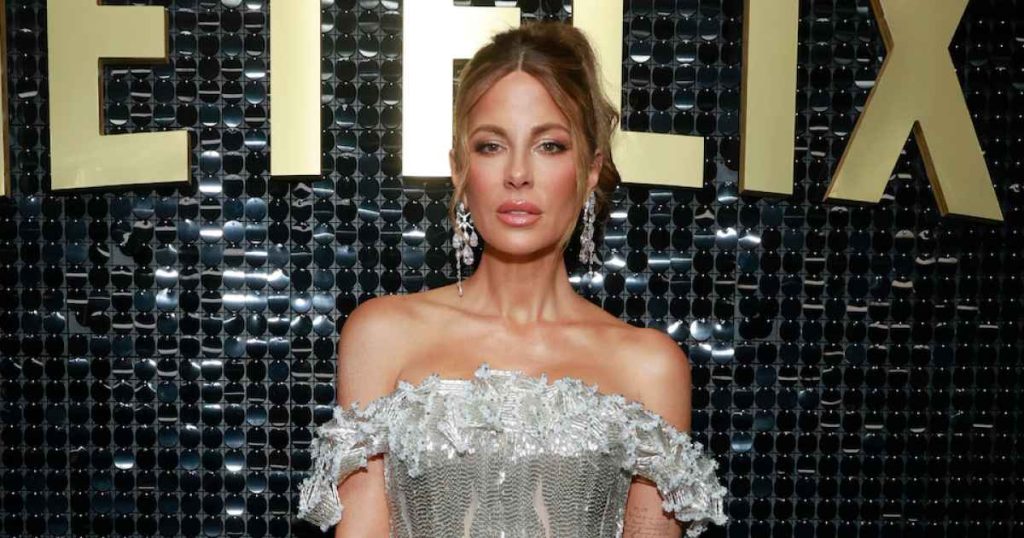Kate Beckinsale, the accomplished actress known for her roles in films like the “Underworld” series, has once again found herself defending her body against unsolicited online commentary. The 51-year-old actress recently engaged in a heated exchange with Instagram followers who felt compelled to offer their opinions on her weight, sparking a conversation about body shaming, online etiquette, and the emotional toll of personal struggles. Beckinsale’s sharp retorts underscore the importance of respecting personal boundaries and refraining from making judgments about others’ bodies, particularly without understanding the underlying context or circumstances. This incident highlights the pervasive nature of online body shaming and the need for greater empathy and sensitivity in online interactions.
The incident began with seemingly innocuous comments from followers who expressed concern about Beckinsale’s recent weight loss. One follower, attempting to disguise their critique as a non-criticism, remarked that Beckinsale appeared to have lost weight. This prompted a swift and assertive response from the actress, who labeled the comment as “passive-aggressive” and “completely unnecessary.” Beckinsale emphasized the commenter’s lack of knowledge about her personal circumstances, urging individuals to refrain from commenting on others’ bodies. This initial exchange set the tone for further interactions with followers who offered unsolicited advice and opinions.
The comments escalated, with some followers suggesting that Beckinsale gain weight, while others inquired about her well-being in a thinly veiled critique of her appearance. Beckinsale did not hold back in her responses, delivering pointed and often sarcastic rebuttals. She challenged the assumptions behind the comments, highlighting the absurdity of strangers feeling entitled to comment on her body. The actress’s responses, while blunt, underscored the emotional labor involved in constantly defending oneself against unwarranted scrutiny and the frustration of having one’s appearance become a topic of public discussion.
This is not the first time Beckinsale has confronted online body shaming. In a previous incident, she revealed the deeply personal reasons behind her weight loss, sharing the devastating impact of her stepfather’s death and her mother’s battle with cancer. The emotional stress and grief she experienced had led to significant weight loss, further complicated by a health scare that landed her in the hospital. This previous experience reveals the insensitivity of judging someone’s appearance without understanding the underlying emotional and physical struggles they may be facing. It also emphasizes the importance of considering the potential harm that such comments can inflict.
Beckinsale’s willingness to publicly address these incidents shines a light on the pervasive issue of body shaming, particularly for women in the public eye. The constant scrutiny and pressure to conform to unrealistic beauty standards can take a significant toll, both emotionally and mentally. By speaking out against these harmful comments, Beckinsale empowers others to do the same and challenges the culture of online negativity that often pervades social media platforms. Her actions contribute to a larger conversation about promoting body positivity, respecting individual differences, and fostering a more supportive and inclusive online environment.
The actress’s candid responses also serve as a reminder that celebrities, despite their public profiles, are not immune to personal struggles and deserve the same respect and privacy as anyone else. The expectation that public figures should passively accept unsolicited commentary on their appearance is both unfair and unrealistic. Beckinsale’s assertive responses challenge this expectation and encourage a shift towards greater empathy and understanding in online interactions. The incident underscores the importance of treating others with kindness and respect, regardless of their public status, and the need for greater awareness of the potential impact of our words.

